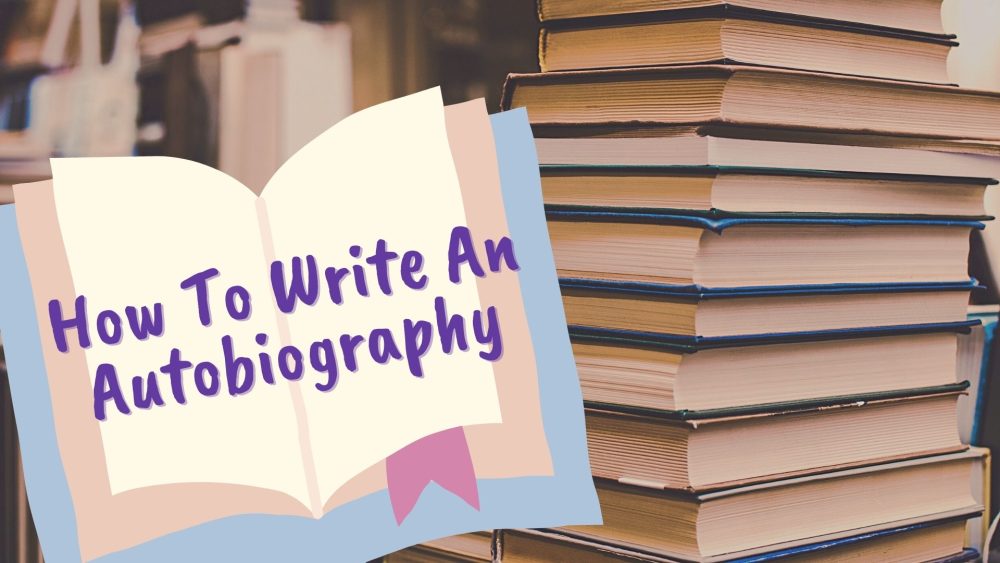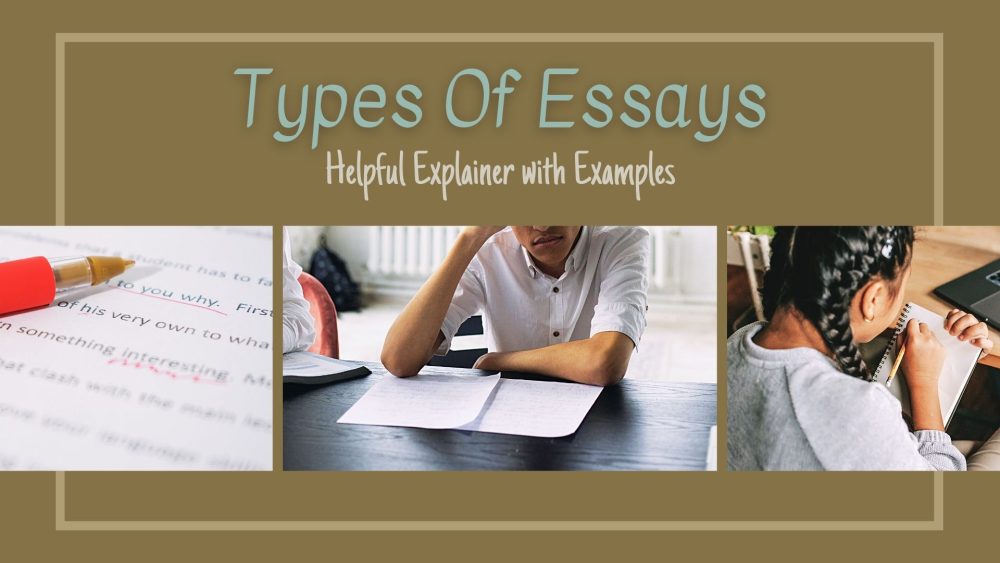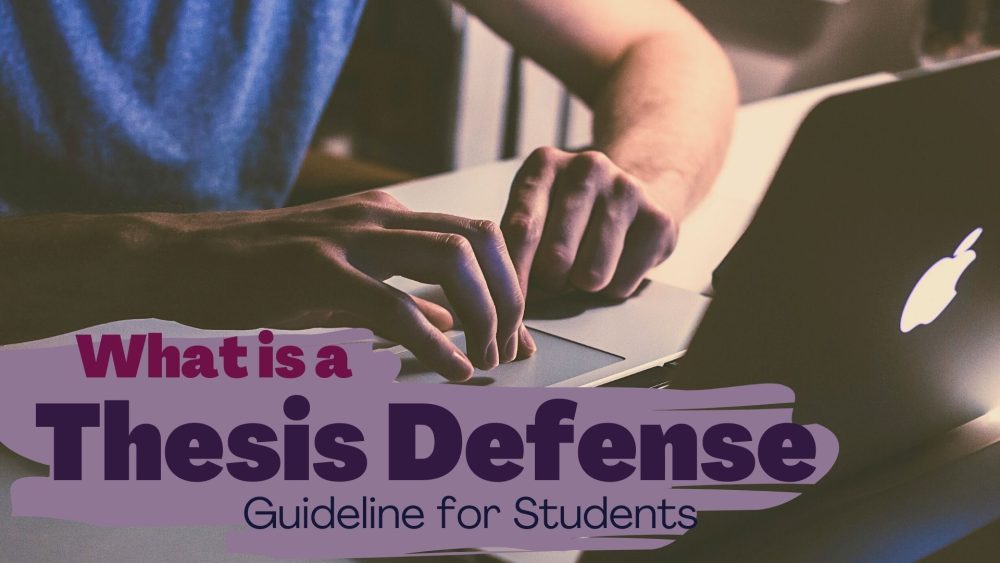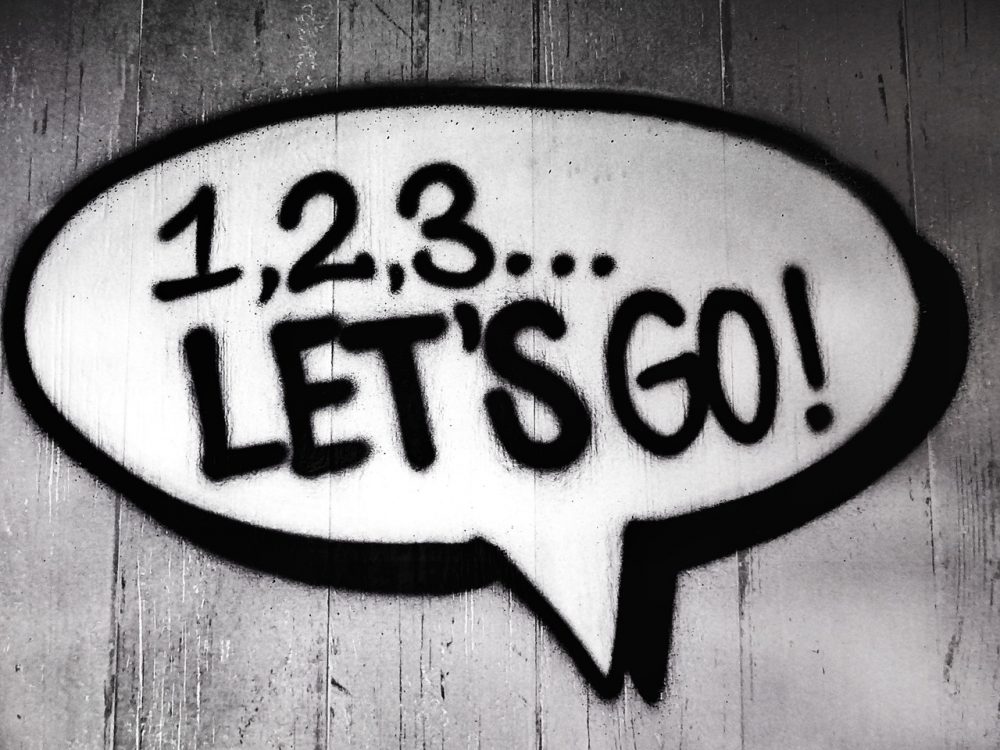Autobiography is one of the oldest forms of personal writing in the world. Since the beginning of civilization, human beings have enjoyed listening to and reading the stories of their fellow companions. There’s something unique and personal about turning the pages of a person’s life story.
Today, various schools and colleges around the world consider the ability to write an autobiographical paper as a critical skill for any student. However, not everyone can succeed in writing a captivating autobiography. Even someone who has led the most exciting life might find it difficult to express their experiences in words.
In this article, we’ll take you through everything you need to know about what an autobiography is and how you can write one yourself. You’ll learn how to write a good autobiography, what to write in an autobiography, how to structure and format your ideas, and even how to end an autobiography!
Table of Contents
What Is An Autobiography?
According to Merriam-Webster:
An autobiography is ‘a written account of a person’s life in their own words’. It’s the sum total of their existence – all their experiences, memories, thoughts, ideas, and so on, from birth till the present date.
Did you know that the first autobiography ever written was in the year 400? It was written by Saint Augustine of Hippo and he called his work ‘Confessions’. However, the word autobiography did not come into usage until 1797, when it was first used by British scholar William Taylor.
Importance Of Writing A Good Autobiographical Essay
When you’re applying to a college or university, you are often required to write an autobiographical essay as part of the admission procedure. This brief essay allows the admissions office to learn about you as a person. They get a first-hand understanding of your character traits, what motivates you, and if you are truly suited for the program that is being offered at their institution.
A powerful, compelling autobiography will help you make a lasting impression and increase your chances of getting selected for your dream program
Structure Of An Autobiography
Before you begin writing your autobiography, it’s important to decide how you are going to structure it. Unlike full-length autobiographies, most autobiography essays are 5-6 paragraphs long and focus on one or two key events in your life. It should be written in the first-person narrative as it is a non-fiction piece of work based on real events that have happened to you.
Here is the structure for a traditional autobiography that you should try and stick to.
- Title Page
A title page is a one-page introduction to your essay. This page will contain the title of your autobiography as well as all the necessary basic details about yourself.As the name implies, the title of your essay is the most important part of the title page. A short, creative, catchy title can leave a lasting impression on your reader and make your autobiography stand out from the rest.Along with the title, here are a few more details you should include on your title page.
- Name of the author
- Phone number
- Email address
- Residential address
- Date on which you’re writing the essay
- Introduction: Set The Stage For Your Audience
The introduction part is where you introduce yourself as a pivotal character for your audience. Write about your memories from early childhood such as where you’re from, your family, your school life, friends, nostalgic memories, and so on. This will build a connection with the reader and pull them into your story.Introduction example: “I was born in a small factory town in Japan to a loving family. I have 2 older sisters and we are all incredibly close. Although we fight all the time like any other siblings, they’re also my best friends and confidants. We have gone through thick and thin together and always come out on top.”
- Body: Major Incidents, Confrontations, Complications
Here is where you talk about the years of your life where you went through something significant. This can be academic difficulties, painful break-ups, parents divorcing, re-location to a new place, important achievements, and so on. You can also write about memorable experiences you’ve had such as an adventure or a foreign trip, anything that’s made a major impact in your life.Example: “When I was 15, I was selected to be part of a small group that would visit the United Nations to present a paper on climate change. Although it was the most stressful two weeks of my life, I believe the experience gave me much to learn and broadened my perspective on global issues”.
- Conclusion – Resolution And Reflection
As your writing moves towards your present years, talk about how the major events you mentioned have changed you or altered your perspective. Let the reader know that you’ve learned something through everything you’ve been through. You can write about life lessons, introspect about what you’re taking forward, and even talk about your future goals and how you plan to achieve them.Conclusion example: “My mom passed away a few years back and it’s just been me and my dad since. His courage and determination have inspired me to do something meaningful with my life. I’ve learned to appreciate the little things and make the most of every situation. I hope to travel as much as possible during my college years and gain a better understanding of how the world works”.
20 Questions To Ask Yourself Before You Begin
Like with a lot of English paper writing, to make writing your autobiography easier, there are a few questions that you need to ask yourself before you begin. These questions (and their answers) will help you decide what you should include in your story.
- What is the purpose of this autobiography?
- Who are the members of my family?
- Where was I born and how do I remember my home?
- What is my earliest memory?
- What are some stories I remember from my childhood?
- How was my school/university life?
- Who were my childhood friends?
- What are some interesting events from my school days?
- Who are the teachers or professors that I remember and why?
- What did I want to be when I grew up?
- What was my first job and how was it?
- What were the happiest moments of my life?
- What were the worst moments of my life?
- Which hurdle did I find the most difficult to cross?
- How did I respond in the face of adversity?
- What was my most significant relationship?
- What have I achieved in life?
- What am I most grateful for?
- What are some things I would change in my life?
- What are some things I wouldn’t change?
Steps To Write An Autobiography
Now that you know what to include in your autobiography, let me take you through the different steps that are involved in writing one. Following these steps will ensure that you have a solid draft in your hand.
- Organise Your Memories
Simply put, an autobiography is a compilation of your memories. It’s how you remember the details of your life. Go through these memories and pick out the ones that are interesting, exciting, and meaningful. Of course, you may not be able to use all of them in your writing, but it’s good to start with a broad range of content and then narrow it down. - Create A Narrative Outline
Decide how you’re going to spread your stories across the autobiography. Similar to a novel, your autobiography should also be consistent in how you narrate important events. Make sure that there’s something to keep the reader engaged in every paragraph. - Cross-Check With Family And Friends
Memory isn’t always reliable. You might be remembering an incident in a different way than it happened. Or, you may not be remembering all the important details. Discuss with your friends and family so that you have a better understanding of your early years and significant events in your life. - Write The First Draft
Start writing your autobiography. It’s okay if it’s not perfect, or if it’s too long. It’s just a first draft, so your focus should be on getting all the information out there on paper or the laptop and organizing them as you planned. - Proofread
Read through your first draft and try to improve upon it. Include/remove certain paragraphs, correct your grammar and punctuation, and put yourself in your reader’s shoes to understand how the words flow. - Get A Beta Reader
A beta reader is someone who test-reads your work and gives you feedback before it is released to the public. This can be anyone – friends, family, or even colleagues. Make sure it’s someone you’re comfortable with and trust that they’ll give honest feedback. After they’ve read your work, discuss with them and use that constructive criticism to refine your writing. - Create The Next Draft
After taking feedback from your beta reader, write the next draft for your book with the necessary changes. Then repeat Step 6 and Step 7 until you’re happy with the finished autobiography. You’ll notice that it’s far more refined and well-structured than your first draft. You can now submit it for review.
Tips To Write A Good Autobiography
Writing an autobiography is no easy task. Many students find it quite difficult to write a well-formatted, detailed, and captivating essay of their lives. Here are some tips you can use to make your autobiography writing experience smoother.
- Get Inspired: Read famous autobiographies and research how they have outlined and presented their life stories. This will motivate you to write your own story and even give you helpful tips on making a good autobiography.
- Understand Your Audience: Who are you writing this book for? Is it for a high-school classroom assignment or an admissions application to a prestigious university? Once you understand your targeted audience, you can write by keeping in mind how they will perceive your stories.
- Go Through Your Photo Albums: If you have pictures from your early years or young adulthood, spend some time going through them. This will help you remember some important events you might have forgotten.
- Use A Paper Writing Service If You Need: If you’re a student writing an autobiographical essay and you’re confused about where to begin, you can always hire a paper writing service or a ghost-writer. They’re fast, cheap, and will be expert native English writers who can help you put your thoughts and ideas across in a way that’s descriptive and appealing.
Struggling To Write An Autobiographical Essay?
We’ve gone through all the elements of what makes a good autobiographical essay and how you can write one. If it still seems difficult, why don’t you let us write your essay for you! Did you know you can buy custom term papers from us? We have years of experience in the essay-writing industry helping students just like you climb their way to academic success.
With our expertly written autobiographies, customized and tailor-made for you by our team of talented in-house writers, you can easily get that A+ grade for your English paper or get selected to the college of your dreams!


















